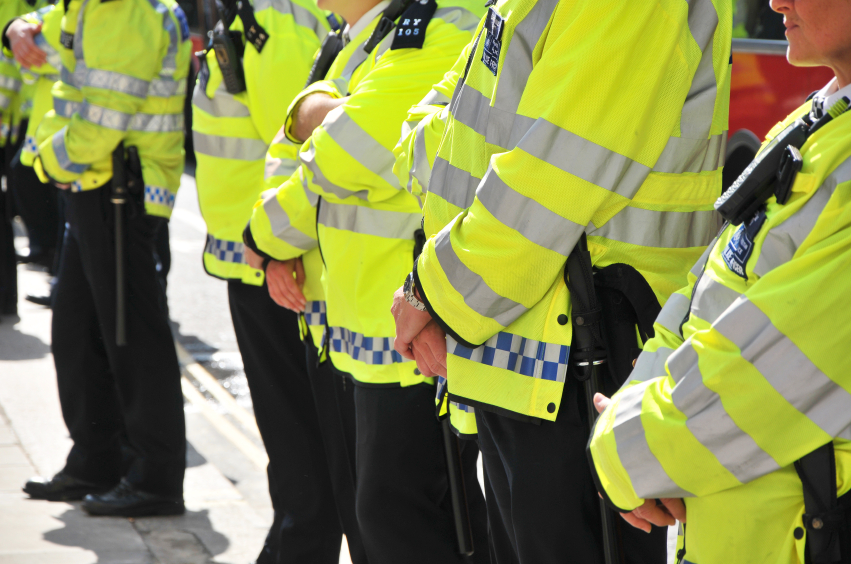A serving officer in the British Transport Police (BTP) alleged to have created a ‘sexualised working environment’ during his tenure at the force was dismissed without notice following a three-day public misconduct hearing that concluded on Friday. An independent panel convened at the force’s headquarters in Camden determined that Chief Inspector Paul Crouch had breached standards of professional behaviour relating to ‘authority, respect and courtesy, discreditable conduct, equality and diversity’ over a ten-year period and exhibited predatory and unprofessional behaviour which amounted to gross misconduct.
Chief Inspector Crouch was found to have made a comment to a colleague claiming he was sexually aroused whilst reading about the sexual assault of a 17-year-old girl, and to have sexually harassed a female colleague by smelling her hair and rubbing his thighs in her presence. The disgraced officer was also noted to have kept a list of female colleagues he found attractive whilst working in the force, and to have made sexist and discriminatory comments in the presence of female colleagues on several occasions.
‘Tackling inappropriate sexual behaviour is BTP’s number one priority, whether that is on the railway network or within our own workforce,’ said Detective Superintendent Peter Fulton. Fulton is the head of BTP’s Professional Standards department, responsible for protecting and promoting the delivery of ethical standards of behaviour in the force. ‘Officers like Paul Crouch completely undermine our efforts and we are determined to root people like him out, because there’s absolutely no place for sexualised or discriminatory behaviour within British Transport Police,’ added Fulton.
During the initial stages of the hearing, the chair ruled that Crouch’s name should be kept anonymous on the grounds that he attended football matches during the weekend and was thus at risk of retaliation from other fans if they found out he was a police officer. However, as Superintendent Fulton explained: ‘[British Transport Police] fundamentally disagreed with this and collected evidence to successfully appeal the Chair’s decision so we could openly report his name. It is absolutely vital that we are open, transparent, and accountable if we are to restore public confidence in policing.’
Recent months have seen renewed scrutiny of the accountability of police forces across England and Wales. As previously reported by The Justice Gap, an investigation by the Independent Office for Police Conduct (IOPC) following concerns in the wake of the Black Live Matters movement and the murder of Sarah Everard found that the Metropolitan Police ‘suffered from ‘a culture of bullying’, racism and misogyny’. An internal review into the standards of behaviour and internal culture at the Met is currently being led by Baroness Casey of Blackstock. A non-statutory public inquiry chaired by Dame Elish Angiolini – currently the subject of judicial review proceedings initiated by the Centre for Women’s Justice, is also set to examine the broader issues raised by the Everard case for policing and the protection of women and girls.







